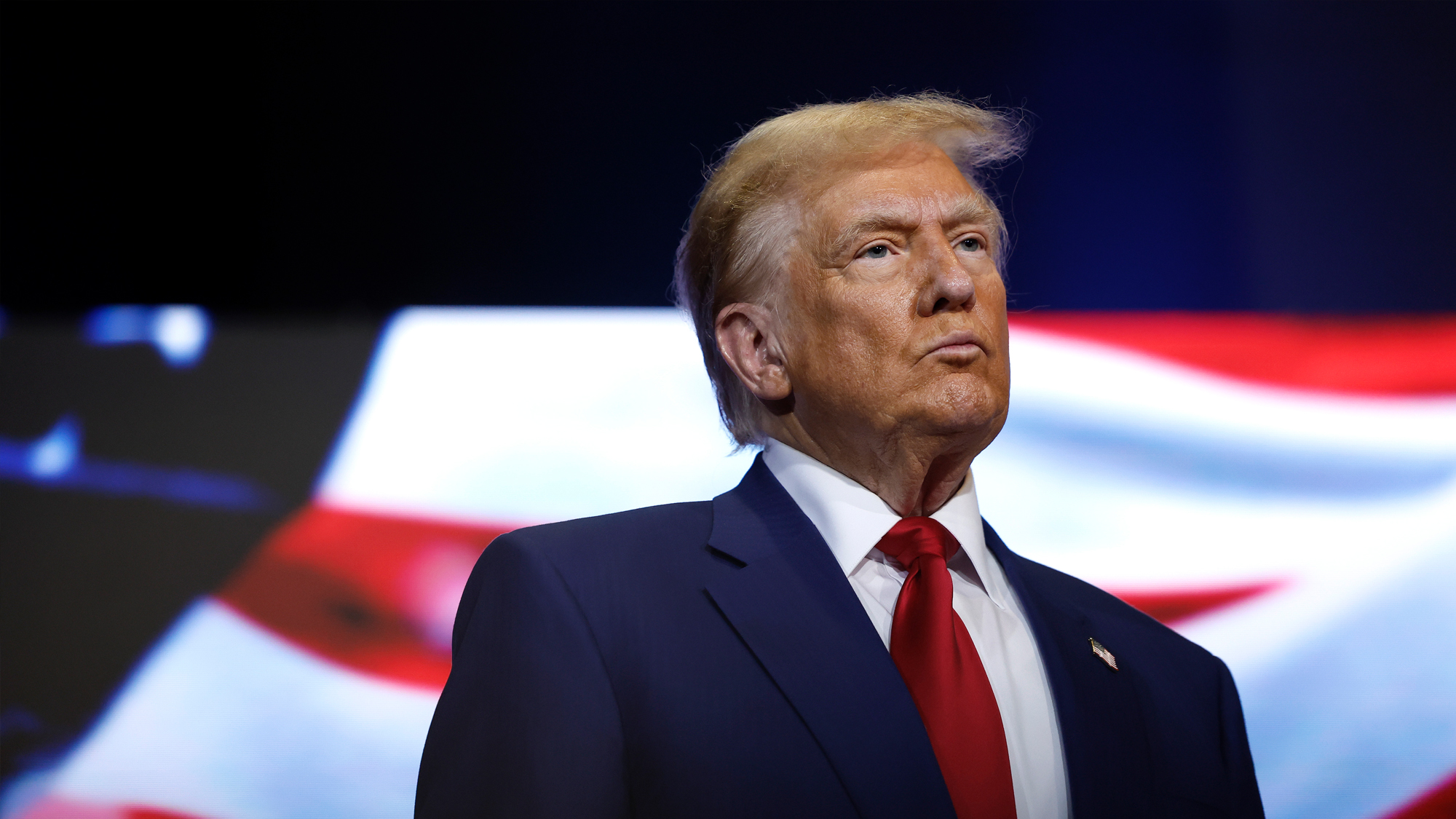It's not just an act
Many voters don't take Trump's threats seriously


A free daily email with the biggest news stories of the day – and the best features from TheWeek.com
You are now subscribed
Your newsletter sign-up was successful
If Donald Trump is returned to power this week, it will be because millions of people did not believe him. He can't win with hardcore MAGA acolytes alone — the 43 or so percent of the electorate who thrill to Trump's vow to prosecute political opponents like Liz Cheney for treason, to deploy U.S. soldiers on the streets to suppress protests by "the enemy within," to ally America with Putin's Russia, and to hunt down and deport millions of "vermin" who are "poisoning the blood of our country." The votes Trump needs to put him back in office will have to come from people who dismiss his fascist stylings as showman's bluster. These are the voters who concede Trump is obnoxious, but just want him to close the border and somehow bring the price of eggs and gas back to 2019 levels. When Trump sounds like an unhinged authoritarian, "it could just be for publicity, just riling up the news," Trump voter Mario Fachini, 40, recently explained to The New York Times. "I think the media blows stuff out of proportion."
To dismiss Trump's ravings as shtick requires a curious form of amnesia. Just four years ago, Trump refused to accept his election defeat, and incited a violent insurrection at the Capitol. In his first term, horrified top aides repeatedly refused to carry out orders they viewed as illegal or potentially disastrous, including calling out the National Guard to shoot protesters. Gen. Mark Milley, the former joint chiefs chairman who ignored that demand, describes Trump as "fascist to the core." If Trump returns to office, he and his allies say, he'll fill his Cabinet, the Pentagon, and every agency with MAGA loyalists who will not subvert his will. Even the law will not constrain him now that a blatantly partisan Supreme Court that Trump shaped has ruled that the president's "official acts" are immune from prosecution. "Being inside Trump's White House was terrifying," said former national security official Olivia Troye. "But what keeps me up at night is what will happen if he gets back there. The guardrails are gone."
This is the editor's letter in the current issue of The Week magazine.
The Week
Escape your echo chamber. Get the facts behind the news, plus analysis from multiple perspectives.

Sign up for The Week's Free Newsletters
From our morning news briefing to a weekly Good News Newsletter, get the best of The Week delivered directly to your inbox.
From our morning news briefing to a weekly Good News Newsletter, get the best of The Week delivered directly to your inbox.
A free daily email with the biggest news stories of the day – and the best features from TheWeek.com
William Falk is editor-in-chief of The Week, and has held that role since the magazine's first issue in 2001. He has previously been a reporter, columnist, and editor at the Gannett Westchester Newspapers and at Newsday, where he was part of two reporting teams that won Pulitzer Prizes.
